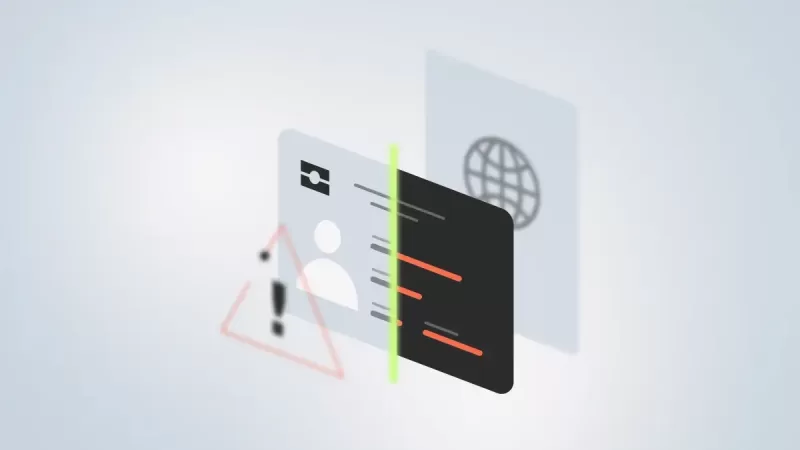Regulatory compliance is a major factor in any financial institution. Processes such as transaction monitoring ensure compliance with financial crime regulations as well as minimise risk to the institution itself. However, although essential, practices like this can often be extremely resource-consuming. For many companies, the most efficient way to comply with financial crime regulations is to outsource these processes. The easiest way to find the right tool for your company is to start with the best transaction monitoring tools.
The Best Transaction Monitoring Tools
How to Recognize a Good Transaction Monitoring Tool
In theory, monitoring transactions can be assigned to an employee in the compliance team. However, leaving this job to people opens companies up to human errors, waste of resources and takes longer to get it done. An efficient transaction monitoring tool can fix all of this if it provides a few key features:
- Enhanced risk assessment: It must be able to easily filter out false positives and provide more accurate results.
- Compliance: As laws differ based on location, the system must be able to adapt to the compliance requirements of your business.
- Efficiency: Once a task is outsourced, it’s important that the risk and compliance teams can operate without thinking about it much. That is why companies should always look for the most efficient tool.
- Visibility: Suspicious activity must be easily seen and reachable as soon as it occurs.
- Flexibility: A good tool will be able to match your needs with no issues and grow as your company does.
- Easy navigation: A complicated tool will only make the process more laborious. Therefore a good tool will be easy to navigate or, at the very least, offer accessible support that will help navigate it.
- Testing ability: A good tool will offer testing and a demo version to see how they work with you.
- Complex statistical models: As machines get smarter, so do criminals. Using the same old methods will result in people figuring out how to trick them. Models must be complex enough to account for this.
The 6 Best Transaction Monitoring Tools
We’ve looked into the above criteria and compiled a list of the six great transaction monitoring tools that are currently in the market.
Covery
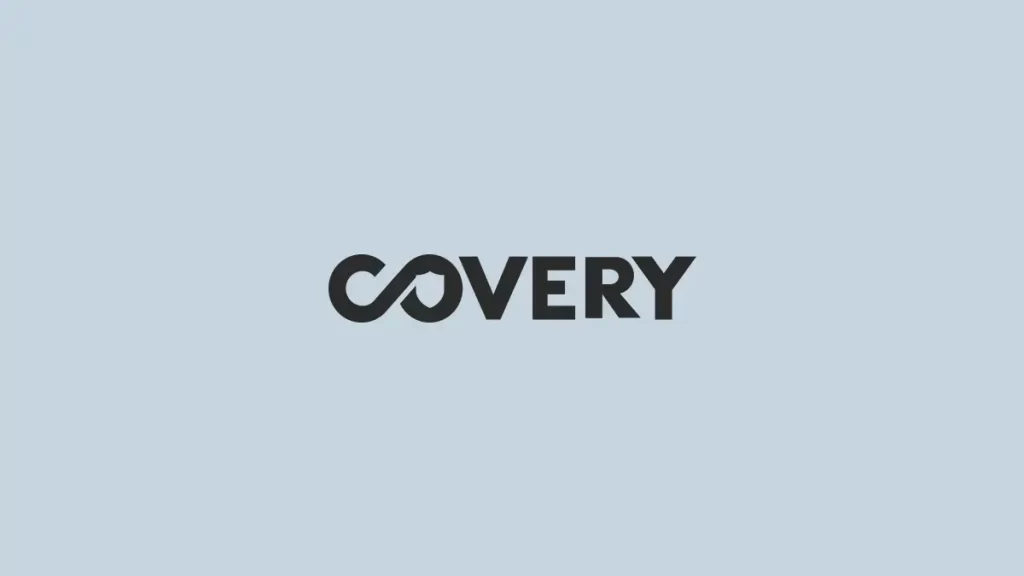
Covery is a global risk management platform that helps prevent fraud. Among other things, it specialises in transaction monitoring with a focus on machine learning. It offers flexible customization options as well as automated decision-making, which decreases the workload by 95%.
ComplyRadar
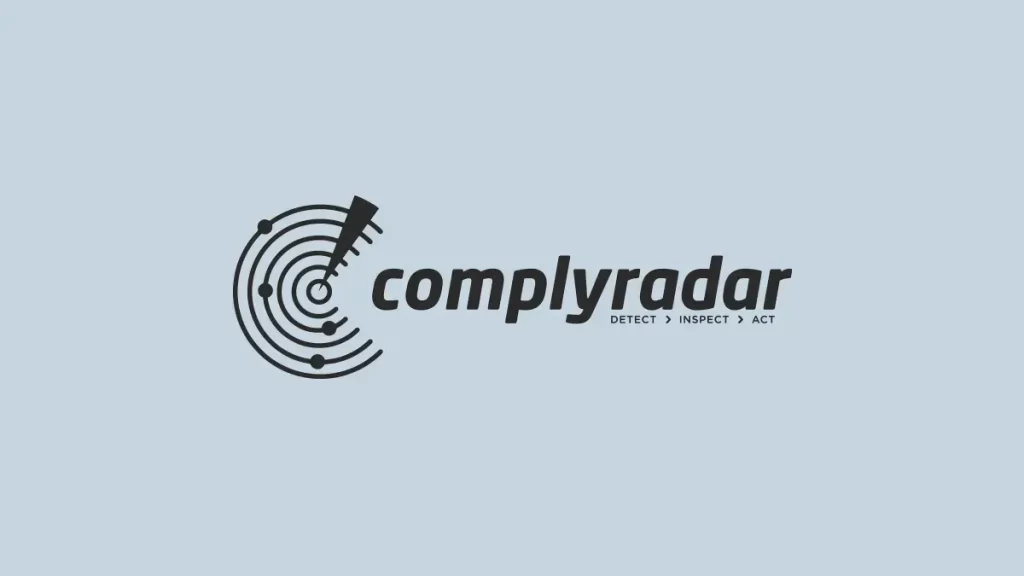
ComplyRadar is a comprehensive risk-based method to stop interference with legitimate consumers, identify potentially criminal behaviour, and show complete continuous compliance. It allows companies to automatically run a full-pattern analysis to rapidly spot suspicious transactions in real-time.
Flagright

Flagright offers AML compliance solutions on a centralised, no-code platform. Their setup is quick, customizable and reliable. They provide a fully automated system that is guided by human input and offer a transaction monitoring rules engine that is designed to prevent any suspicious activity in real-time.
Hawk.ai

Hawk.ai’s transaction screening is AI-based. It allows financial institutions to choose from a diverse set of suspicious activity models and apply rules to combat them in specific steps.
AMLYZE
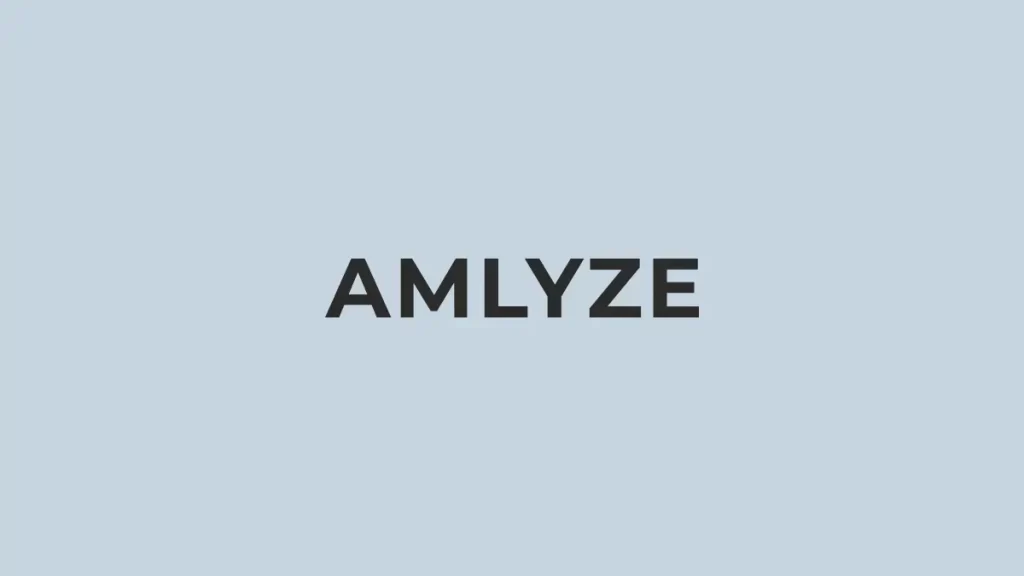
AMLYZE’s fully automated monitoring module was created for the financial sector. It analyzes each transaction made on the system to ensure it matches the customer’s risk profile.
Salv

Salv accelerates case management by using counterparty monitoring. This allows all information to be centralised and integrated. Agents can easily investigate cases thanks to a logical, frictionless user interface.
Why Does Your Business Need Transaction Monitoring Tools?
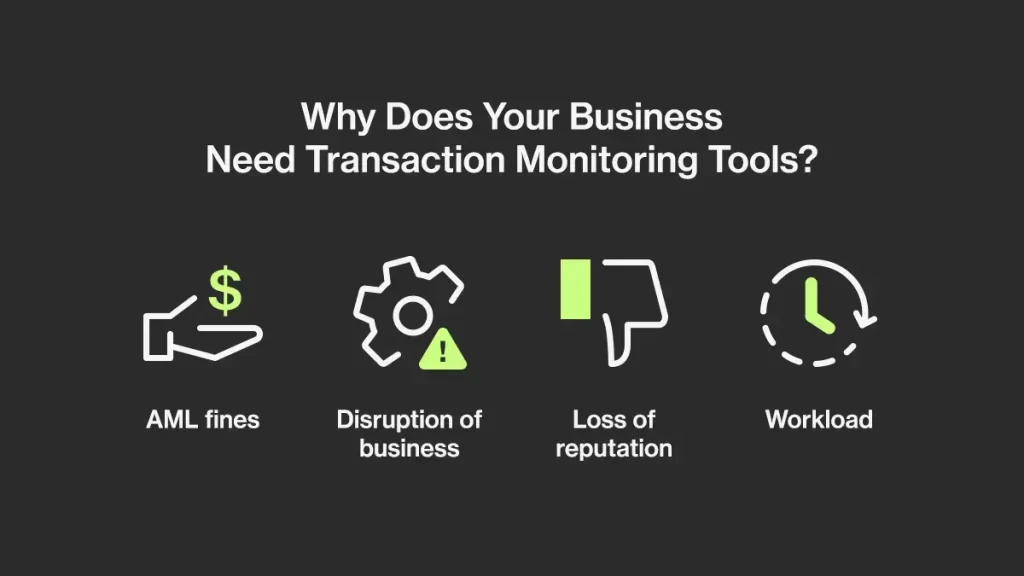
Although the easy answer is that it’s legally required, that isn’t the only reason to use them. Failure to use AML software or comply with AML regulations has several major drawbacks that need to be considered:
AML fines:
As combating financial crimes can sometimes seem like an uphill battle, regulatory requirements are fairly strict in most parts of the world. This is essential to recognize suspicious behaviour and minimise fraud risk in a timely manner. Failing to follow these regulations may result in enormous fines to financial institutions.
Disruption of business:
On top of monetary fines, organisations that are not in compliance with AML regulations may be forced to implement new processes by law enforcement agencies. This causes disruptions for businesses as new departments may need to be hired and trained, taking resources away from other tasks. Investing in good AML solutions from the start is the best way to avoid this.
Loss of reputation:
No financial institution wants to find itself in the midst of a scandal. And knowingly or unknowingly allowing illegal money to go through their business is a sure way to cause one. Even companies that end up proving they hadn’t helped willingly may end up scrutinised for many years to come. AML software that ensures compliance is the main method to minimise financial crime risks.
Workload:
Unnecessary tasks that could easily be outsourced and automated often slow down work processes. Investing in good AML tools upfront will often end up saving the company funds and resources, as upkeeping an AML-focused department is more costly than partnering with businesses that will do this for you.
Is Transaction Monitoring All You Need for AML Compliance?
No. That’s the simple answer. AML compliance involves many variables and several different fields of interest. Processes like identity verification and enhanced due diligence are just as important. One of the other major compliance requirements your company will run into is KYC (Know Your Customer). That’s where Ondato comes in. We offer flexible solutions that help businesses with KYC, from the processes mentioned above to PEP screening, business onboarding and more.
AML Compliance: Get Your Business Fully Covered
Before you’ve found the best transaction monitoring tool for your company’s needs, it’s best to look into other AML compliance tools. The best AML solutions rarely include every module companies will need in one product. However, that is great for financial institutions that need flexibility and AML software that matches their needs. That is why the first step before transaction monitoring may be Ondato. Where we preach flexibility, automatisation and efficiency, we also practise it. With Ondato’s services, businesses can fully automate KYC compliance operations.



